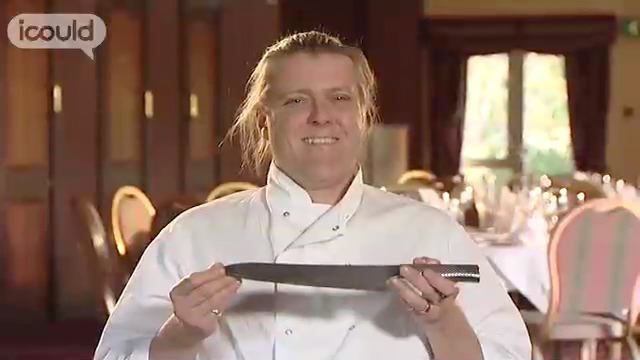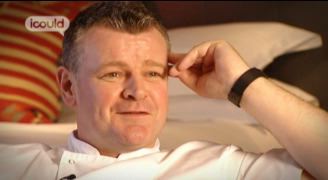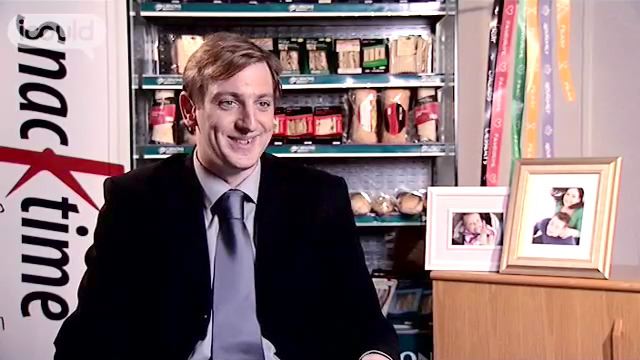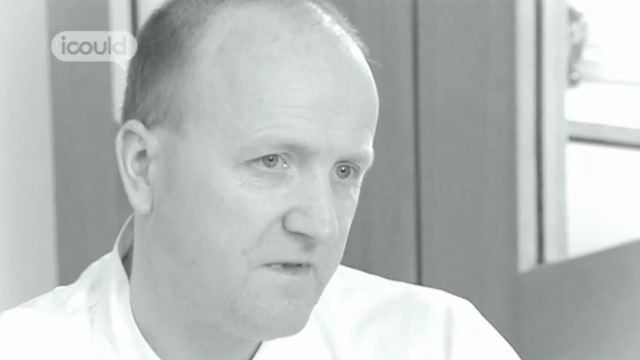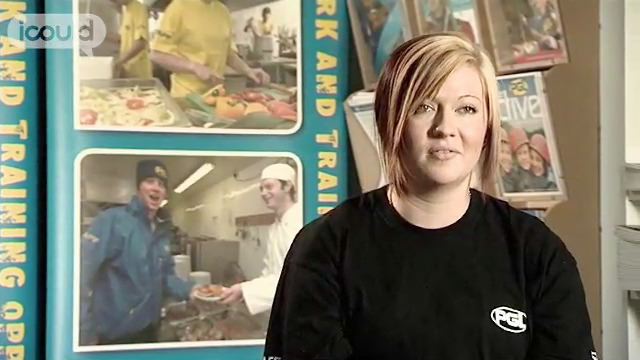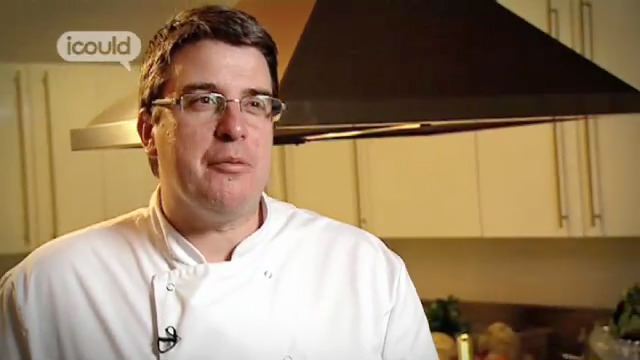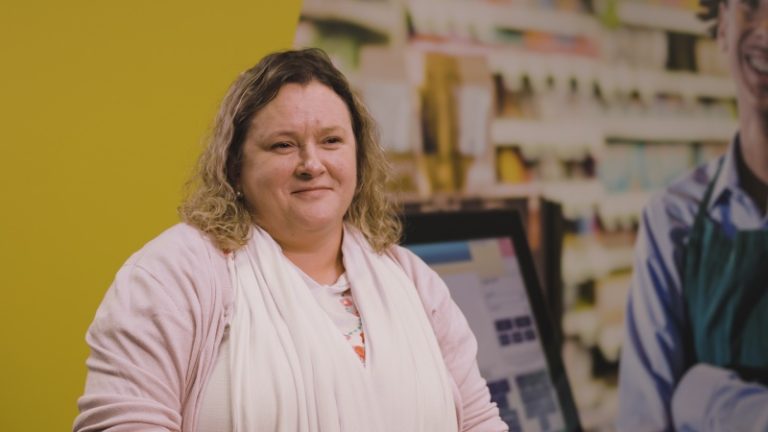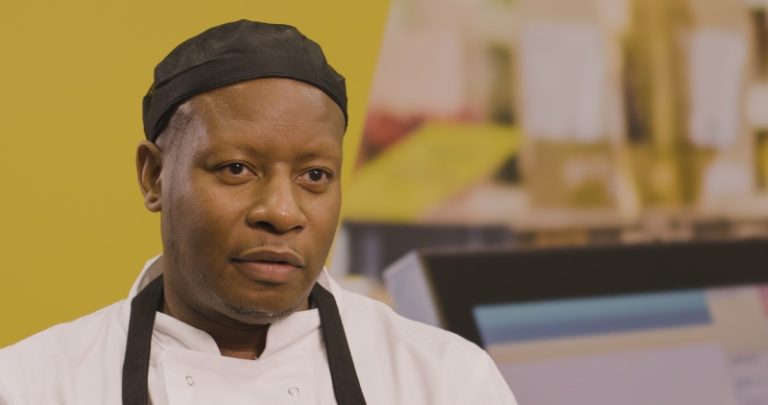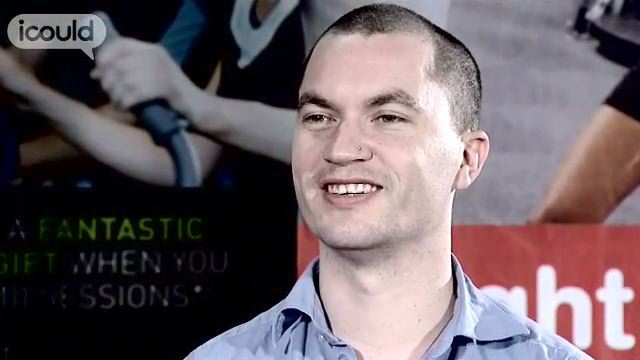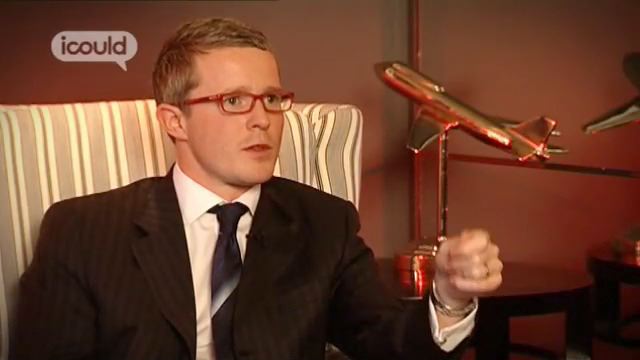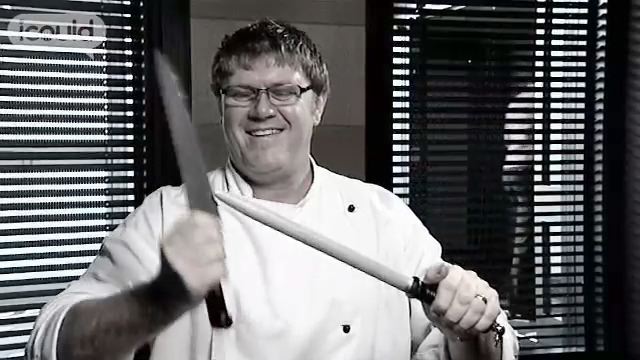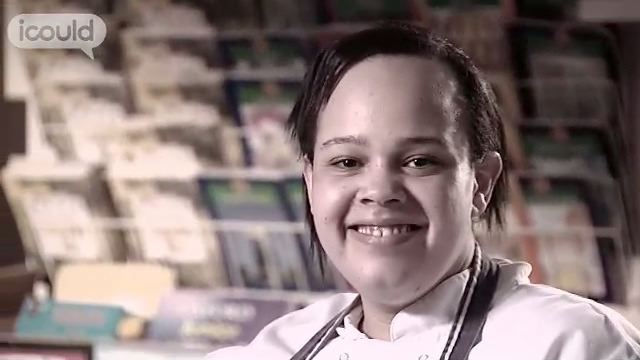Sous Chef
Baxter Storey
Steve Thompson
00:02 My name’s Steve Thompson, I work as a sous chef in Barclays Bank, I Churchill Place, for a company called Baxter Storey. I’ve been working there for four years.
00:10 Looking after the staff rest room, the uh lunchtime service, breakfast service, evening functions, if, if there’s any. I look after the purchasing, this is the ordering of the food products. I, I check the costing to make sure the prices are right and we’re selling at the right prices.
00:26 I started when I was fifteen, I think it was fifteen. I was at school and I, I couldn’t decide whether I wanted to be a footballer or, or be a caterer but I was always, I always liked cooking, cos I came from like a large family and I wasn’t allowed in the kitchen, so I was always curious how, how food was delivered on a plate.
00:47 My mum was like, she was a mother of fifteen kids, so it was hard for her to actually have a full-time job plus look after the family as well. Luckily for me I had five sisters and they did a lot of the cooking for me. My father was actually separated from my mum, so basically I did not know my father as much. It was very hard for my mum. I mean she’s eighty-three now and I was one of the youngest, one of the youngest and normally they’re the hardest to look after. My two older brothers, although the closest brothers to me was four years, five years above me so basically they were al-always together and I was always the lone, I was always on my own. Basically that’s why I think I was shy because I was left alone. Up until the age of nineteen, twenty, I was shy. And then I thought to myself, I only live once, there’s nothing to be shy about. When I was younger I used to think to myself not to be shy. I used to work outside in the wine bar and the best way to oh, to overcome your fears is to communicate with the customers and when you communicate with customers you talk to the customers, you’re more relaxed, they’re more relaxed, so it makes your job a lot more easy, you can actually do whatever without actually thinking what you’re doing. It just comes natural.
01:57 I enjoyed school. I enjoyed school a lot but from an early age I liked to play football, so basically football was, was all my life until I decided to be a chef. I left school, uh basically I went, I stayed on for one year and I stayed on for the sixth form, so that, the reason being because I couldn’t afford to go to college, to buy my equipment, so I decided to go into the sixth form, so that I’d be able to save up a bit more money. I did a day release, or I did some work experience while I was at the sixth form centre.
02:26 When I finished my college I left the course on the Friday and started work on the Monday and I’ve been in the trade ever since.
02:33 To have a job, as soon as I finished college, was perfect for me because I, I dunno, all the people that know me, know that I like to work. I continuously like to work So I started working in the Mount Royal Hotel as co-coffee house chef, who just started at six-thirty in the morning, which was a pain in the ass, if you’re sixteen, sorry, seventeen, eighteen years old and you have to get up at four-thirty in the morning to get to work at six-thirty in the morning, it was like a big step and a big commitment for me. But I enjoyed doing it.
03:03 I think the biggest single turning point in my life was actually having my kids cos that gave me more of a determination to, to progress and try harder. In any trade you go to you always get knocked back, you make mistakes, but basically the best way to, to correct your mistakes is to learn from your mistakes and I believe once you, you’ve set out and you set your mind in what direction you want to go, I reckon you should give it a hundred per cent in trying to make that achieve. If it doesn’t work out, that’s fine, there’s loads of opportunities. Basically my future could be anything I really, I, I want it to be. It depends what direction you choose to, to go in, I mean cos just being a chef doesn’t mean you have to be a chef all your life, you could go into like, you could go into management, like be like a general manager, you could be a chef manager but uh my direction now, I’d like to be pastry. If I make something and someone comes back to me and tells me that was really nice, it puts a smile on my face and that’s what makes it all worthwhile.
04:01 END
Being the youngest of 15 children, Steve found that he was always quite shy. He wanted to be either a footballer or a chef “‘cos I came from a large family, and I was never allowed in the kitchen, so I was always curious how food was delivered on a plate. He decribes having children as a massive turning point for him and says “In any trade you go to you get knocked back, you make mistakes, but I believe the best way to correct your mistakes is to learn from them”.
More information about Chefs
The UK average salary is £29,813
There are 37.5 hours in the average working week
The UK workforce is 47% female and 53% male
Future employment
- Requisitions or purchases and examines foodstuffs from suppliers to ensure quality
- Plans menus, prepares, seasons and cooks foodstuffs or oversees their preparation and monitors the quality of finished dishes
- Supervises, organises and instructs kitchen staff and manages the whole kitchen or an area of the kitchen
- Ensures relevant hygiene and health and safety standards are maintained within the kitchen
- Plans and co-ordinates kitchen work such as fetching, clearing and cleaning of equipment and utensils
